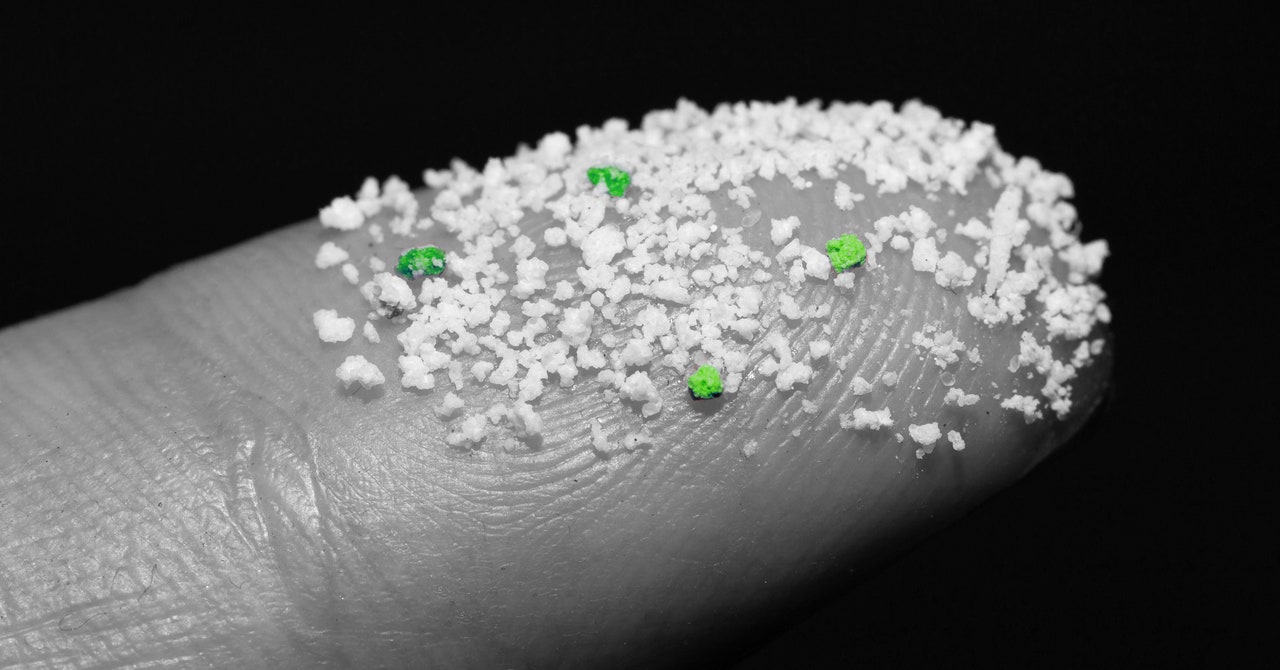So what, you may ask – it’s just plastic! After all, if you accidentally swallow a button on a shirt, it goes right through you, right? But when it breaks down into microscopic fibers, globules, and shards, it behaves very differently. These particles leach toxic chemicals, including carcinogens. Their rough surfaces trap other toxins and microbes and transport them to new environments and bodies. Tiny creatures like plankton and insects mistake microplastics for food, which means they get less nutrition, grow less, reproduce less and get sick more easily, with effects that can spread all the way up the food chain. Microplastics have been shown to tamper with gene expression and endocrine systems in several animals. Plastic microfibers can penetrate deep into the lungs and cause a type of damage similar to asbestos.
We don’t know how yet a lot harmful to human health due to microplastics. It’s possible there hasn’t been much so far, though some correlations should be of concern. (Increasing obesity, asthma, and mental health problems, though clearly from other causes, may also be due in part to microplastics.)
But we know two things for sure: microplastics cause damage at high enough concentrations, and concentrations will continue to rise for a very, very long time. If we stopped burning fossil fuels tomorrow, we would immediately stop adding carbon dioxide to the atmosphere, but if we stopped making plastic tomorrow, the existing plastic in our buildings, appliances, furniture, cars, clothing, toys, tools and waste would continue to break down and add to the indestructible, planet-wide microplastic mush. The adverse effects can increase gradually, or they can accelerate as concentrations reach a toxic tipping point in a critical part of an ecosystem.
This is the downright terrifying reality described in A poison like no other: how microplastics have affected our planet and our bodies, by WIRED contributor Matt Simon, publishing today (read excerpt here). I chose to highlight Matt’s book because I think this is the major environmental crisis that the world has overlooked by focusing on climate change. (Are there any others you think are flying too far under the radar? Let me know in the comments below.)

